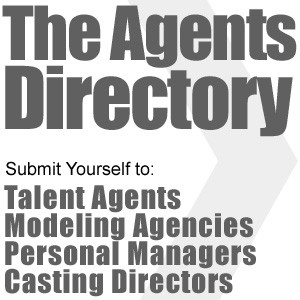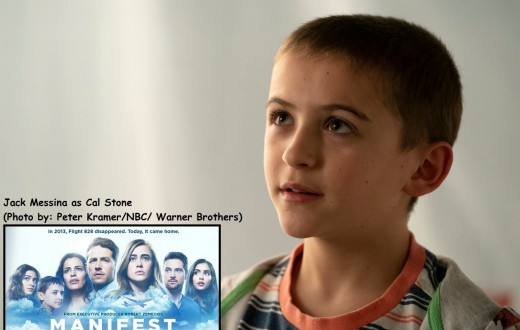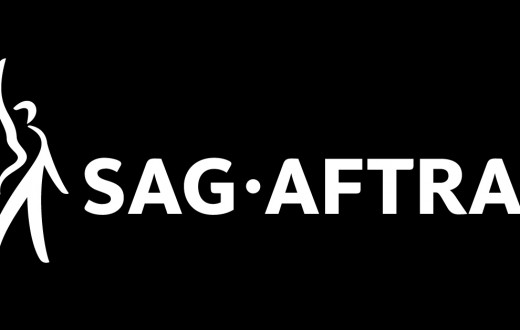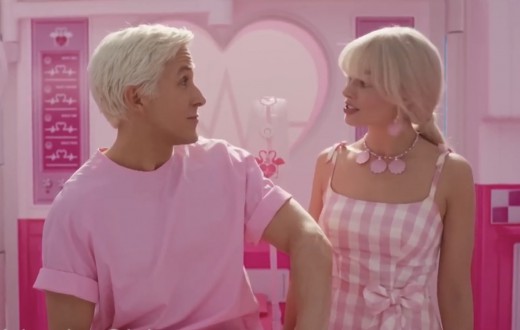Performing Acting Monologues can be nerve wracking. For a time span of 1-3 minutes it’s all eyes on you. You need to create the character, the scene, and the circumstance all without the help of another actor. And, oftentimes, if you’re performing a monologue, it’s for one of these few reasons: You’re auditioning for something, you’re in the office of a manager or an agent that you’re hoping will represent you, or you’re performing on stage for a monologue slam. All of which are to serve one purpose: Show the world just how talented of an actor you are. Show the world your acting “range.” Intimidating, right? And all the more reason why you need to make sure that the monologue you work on is the right fit for you.
 So, where do you even begin? Luckily, for New York actors, there’s theater everywhere. And where do some of the meatiest monologues reside? In plays ranging from the Shakespearean era to those written by the up and coming playwrights of today. And one of the most accessible places for New Yorkers to find plays is the Drama Book Shop. “I’m always directing folks to our monologue books, the monologue section - two big bookcases in the back of the shop - should be the very first stop on anyone’s itinerary,” says Stuart Brynien, a senior salesperson at the Drama Book Shop, “Some books that I’m especially fond of: Outstanding Men’s Monologues: Volumes I and II and Outstanding Women’s Monologues: Volumes I and II, both published by dramatists play service. We [also] sell all their titles [the plays the monologues are from], so once you find a speech you like, it’s pretty easy to find the play!” In fact, actors can be seen going in and out of the shop on a daily basis just to comb through these monologue books. Or to look through the plays themselves while searching for that perfect new monologue. “I will also, of course, show customers a handful of plays that I believe contain the kind of material they’re looking for…and because I have so many favorites, that can amount to quite a few!” shared Stuartregarding his daily experiences with actors.
So, where do you even begin? Luckily, for New York actors, there’s theater everywhere. And where do some of the meatiest monologues reside? In plays ranging from the Shakespearean era to those written by the up and coming playwrights of today. And one of the most accessible places for New Yorkers to find plays is the Drama Book Shop. “I’m always directing folks to our monologue books, the monologue section - two big bookcases in the back of the shop - should be the very first stop on anyone’s itinerary,” says Stuart Brynien, a senior salesperson at the Drama Book Shop, “Some books that I’m especially fond of: Outstanding Men’s Monologues: Volumes I and II and Outstanding Women’s Monologues: Volumes I and II, both published by dramatists play service. We [also] sell all their titles [the plays the monologues are from], so once you find a speech you like, it’s pretty easy to find the play!” In fact, actors can be seen going in and out of the shop on a daily basis just to comb through these monologue books. Or to look through the plays themselves while searching for that perfect new monologue. “I will also, of course, show customers a handful of plays that I believe contain the kind of material they’re looking for…and because I have so many favorites, that can amount to quite a few!” shared Stuartregarding his daily experiences with actors.
However, there are many different ways to go about a monologue search in this business. And while some might turn to monologue books and references from others, other actors may prefer to hunt out their next monologue all on their own. “It’s worth the effort to start digging through plays and find your own stuff. The monologue book thing is a little bit of a quick fix solution,” explained acting and monologue coach Brian O’Neil, “And there are two traps with monologue books: It is very often either a story piece or else it’s something that a lot of people are doing.” But there’s tons of different things to keep in mind when deciding which styles of plays you should begin your search with. “Whoever is on the other side of the desk is somebody that you want to think of as you’re choosing a monologue. You want to think, ‘Okay, who am I getting in front of? What can I do to make their job easier? And what will make me more likely to be liked by them?’ And that also includes the nature of the material. The feel of it,” says Brian, “If this person’s casting a play about a war, and that is the tone of the play that they’re casting, then I’m not going to bring in some very light, light and loopy material. Because that’s not a good fit.”
But whether you’re vying through the pages of monologue books or pulling out fresh monologues all of your own, there’s one overall consensus about the monologue searching process: A play is the best place to find one. Even if you’re auditioning for film and television! “Plays are the best sources of monologues. It’s not totally impossible to find something from film and television, but in film and television, people don’t usually talk for long periods of time. Or not the way they do in plays. Which is because that’s [film and television is] a visual medium while plays are really a language medium,” shared Brian O’Neil, “the reason a play was written was to be viewed by people in a live situation. So a monologue from a play was written to be performed live, and it’s also more about language than film and TV is.” And, in general, finding a solid monologue from film and television might be a more complicated process: “The problem is that so few movies and television programs are published, or even represented in monologue collections. That’s why stage monologues are always the best way to go. There are simply so
many more of them,” shared Stuart Brynien.
So, let’s say that by now you finally have a handful of plays in your arsenal. You’ve picked apart the style of play you should be searching for, you asked around for help, you looked through monologue books, and you pulled your own monologues out of the plays on the shelves. Maybe you even transcribed some of your own material from your favorite film and television shows! (And make sure you’re not taking on any Academy Award winning material! Because, honestly, nobody is going to rock that monologue the way Meryl Streep or Daniel Day Lewis did). However, you still need help. What exactly makes up a “good” monologue anyway? “Ideally, a ‘good’ monologue should be active, not passive, have a strong emotional content, and if it’s well written include a bit of an ‘arc,’” says Stuart Brynien. And acting coach and author of the book Acting As A Business Brian O’Neil also agrees that having some kind of emotional and “active” content can also help magnify just how talented of an actor you are. “A lot of the monologues that I have dug up and found and pieced together start off with somebody in active conflict. Like, I have one where a young woman is saying, ‘I don’t want you to give me the check, I want you to listen to me.’ And another one is, ‘Let’s not start on that again.’ Whenever there’s strong conflict like that opening up the dialogue, it’s usually a line that allows the actor to open strong,” Brian explains, “Then I say stop right there after that. You’ve made your point. Now stop, take a breath, and gently with your next line, explain your position you have. What it establishes is this: What every casting director agrees on is they want people to surprise them in some way with what they do. When there’s a shift in your vocal pitch and your pace that surprises people. And it also shows your range.”
In fact, having a shift in your character throughout the course of a monologue, and having an active conflict that is not simply telling a story from your character’s past, can be just as powerful as doing a dramatic Shakespearean play where you have to break down crying. Because the LAST thing you want to do is pick a piece that makes anyone feel uncomfortable. “If the actor’s good, they’re looking at the words and they’re figuring how they can convey the emotion without just standing there for a minute and a half and dissolving into this valley of tears,” says Brian, “I’ve been in situations where I’ve seen that. Where the person’s finished with the monologue and you’re saying thank you [for auditioning] and they’re wiping their tears from underneath their eyes. It’s just kind of an awkward, and it can be forced. And oftentimes the actor only selected the monologue just so they can show that they can go to that place. But that doesn’t necessarily mean it was a great idea. And sometimes the fighting against the tears can be even more effective.”
Just think about it. Performing a monologue is your time to shine as an actor. Like all acting work, it’s your job to live in the moment of that character. So take a look at different monologue books and plays and find someone you can really connect with. Look for a monologue that’s active and not too overdone (“To be or not to be” anyone?). And show the world what you can do without forcing it. You’ll know when you’ve found the right monologue for you.







